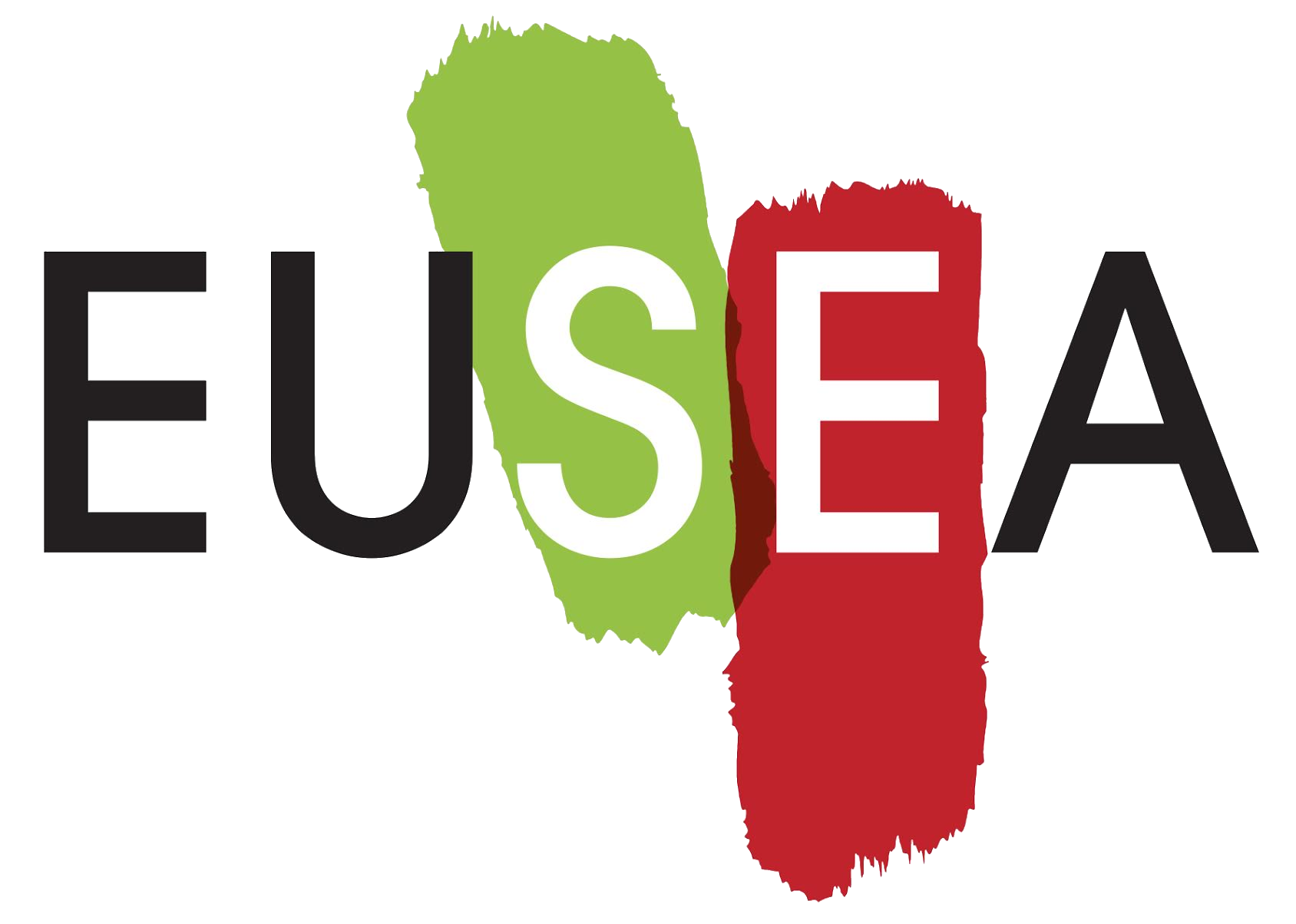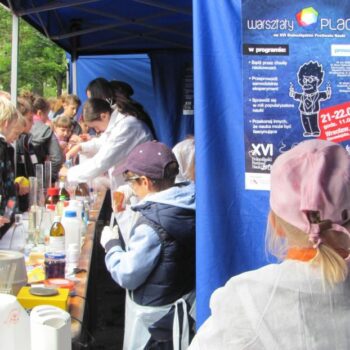Description
A DIGITAL SC TRIANGLE (DIGITAL TRIANGLE) concept constitutes a modified, digital version of a SCIENCE COMMUNICATION TRIANGLE (TRIANGLE) concept. In the TRIANGLE an event participant, after watching an experiment run by a scientist, transfers the just gained knowledge by demonstrating the same experiment (under the supervision of the scientist) to someone else. The idea of the DIGITAL TRIANGLE is a bit different. A scientist prepares an event during which a scientific experiment is carried out and recorded. Then, the recording is being published at a Science Festival’s or other institution’s website, where is available any time. While running the experiment the scientist encourages website visitors to repeat the experiment at home, improve it or carry out another interesting experiment. The visitors are asked to record their experiments and the explanations to them and send the video recordings to the scientist and science festival organizers. The recordings are, under the permission of their creators, published on the institutions website. The event organizers encourage other website visitors to critically watch the videos and find out whether the experiments are clear and the explanations are understandable.
Target Audience
- Adult citizens
- Children 3-6
- Children 7-12
- Families
- Teenagers
You can do it with all those groups, but we did it with professionals from different fields like public engagement or the cultural and creative sector.
Benefits
Benefits
The partnership and even cooperation between the science festival website visitors, whom we can call remote participants, and the scientist can still work in the DIGITAL SC TRIANGLE although live interaction cannot be realized. The remote participants become co-creators of the event thanks to the contribution to it. They can discuss issues connected with the event with the scientist, after getting feedback from the website visitors who critically watch their videos. They can learn how to understand science and how to popularize science, and effectively exchange experiences and ideas with the scientist. The involved scientists have an opportunity to improve their science communication methods and gain new skills thanks to the remote interaction with the participants.
Preparations
- Find a scientist being also a Science Communicator, i.e. having skills to communicate science and ability to draw public attention.
- Choose, together with the scientist, a safe experiment that can be carried out by a teenager or a younger kid under the supervision of an adult.
- Carry out the event and record it.
- Make the video recording available at the institution’s website for all interested to be played at any time.
- Collect several videos of the repeated/improved experiments sent by remote participants and make them available on the institution’s website. Encourage other website visitors to watch the videos and comment on them, especially on the issue of whether they are clear and understandable.
- Promote your event in advance.
Institution
Barbara Cader-Sroka, Lower Silesian Science Festival, University of Wroclaw






